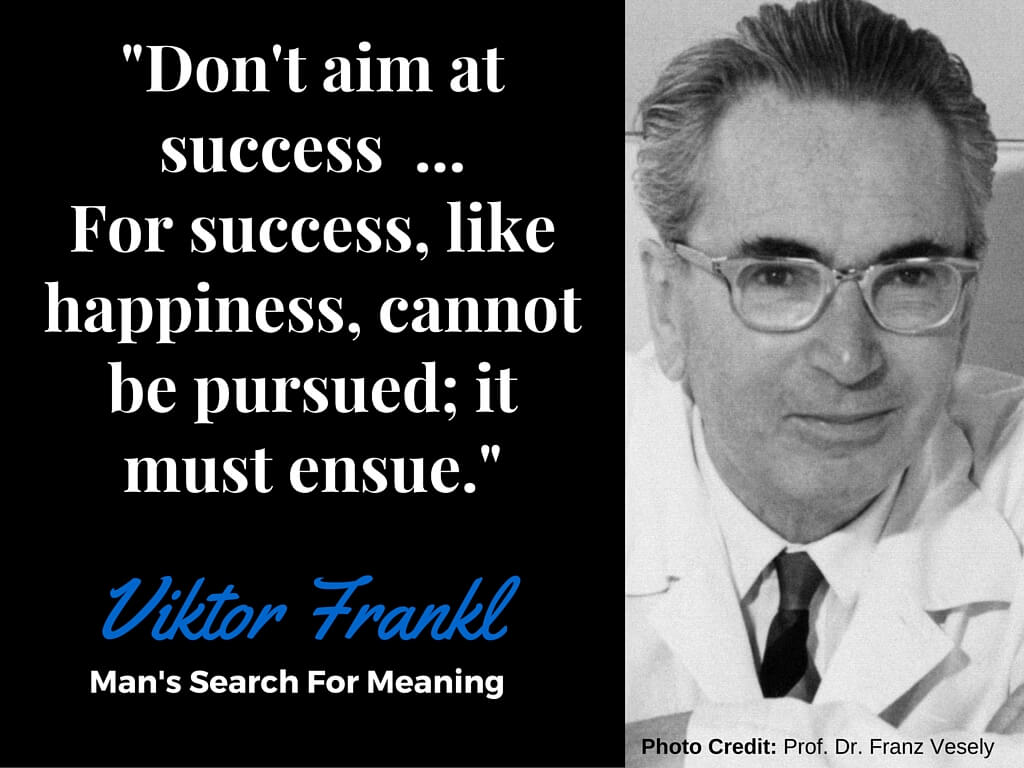A focus of my doctoral work on missiology and intercultural studies is to consider how the church can engage with global migration as millions of people are on the move around the world. While this blog is primarily for devotional insights, it might be helpful to me to share thoughts on the topic of my studies as well. I’m convinced that global mission isn’t just about sending and going to the people “over there,” but it’s also about welcoming and receiving those who come to us from all over the world. Every town is a border town in that there are people there from many of the nations of the earth. But, for those who live on and traverse actual borders, there are more intense dynamics at play.
How does the church live and minister in the borderlands?
One place of focus is the border of Mexico and Guatemala at Tapachula in the state of Chiapas. Migrants from Central and South America and around the world have been coming though this border crossing for years.But, Mexico, doing work for the United States, has cracked down and is making it much harder to get across. The LA Times reports:
Southern Mexico has for decades been a way station for Central American migrants seeking to make their way to the United States. But in the last decade or so, Mexico has emerged as a signature transit country for migrants from across the globe, including the Caribbean, South America, Asia and Africa. About 40% of the migrants stuck in Tapachula hail from Haiti, where a series of natural disasters and political unrest over the last year have caused a mass exodus.
In an attempt to quell the near-daily protests in Tapachula, Mexican President Andrés Manuel López Obrador visited the city last week. He was greeted with a phalanx of migrants holding large wooden crosses, comparing their situation there to a crucifixion.
López Obrador promised to grant roughly 950 humanitarian visas to migrants. The visa would allow migrants to stay in Mexico for a year and can be obtained only if a migrant has been granted refugee status. According to UNICEF, there are currently 30,000 migrants in Tapachula awaiting refugee status. The process can take many months.
The reality is that the movement of people through migration is a complicated process for the migrants, the countries they are passing through, and their destination countries. There is much anguish and pain encountered from leaving their homes to the journey to their destination. How can churches minister along the way? How can churches provide comfort and resources to people on the move? How can they show who Jesus is? That is happening in Chiapas and all along the migration routes in Mexico and at the U.S. - Mexico Border. I hear the stories. We have much to learn from these ministries. More on that later …



